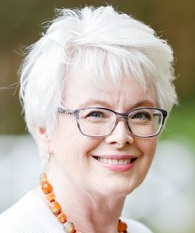Articles / Vaginismus: Dos and don’ts

 This week’s expert: Dr Rosie King, Sexual Health Physician, Educator and Author
This week’s expert: Dr Rosie King, Sexual Health Physician, Educator and Author
Vaginismus is a surprisingly common condition, but women often fail to seek help because of embarrassment and sometimes shame, says sex and relationship expert Dr Rosie King, and the distress it causes should not be underestimated.
Once suspected, the diagnosis is often readily confirmed via a careful, detailed history plus or minus a physical examination. Given the sensitivity of the issue, Dr King says it is important to note a number of ‘don’ts’ that need to be considered in the doctor’s approach – don’t just order a lubricant, or an anti-fungal, or a xylocaine gel; don’t order a pelvic ultrasound or do a speculum examination; don’t just say have a glass of wine before sex: don’t suggest trying different positions for sex and don’t just say relax. None of these are helpful.

Autism Spectrum Disorder – Managing Challenging Behaviours

Paediatric Allergic Rhinitis & Immunotherapy

Premature Ovarian Insufficiency – The New Guidelines

Alcohol Addiction Assessment and Advice


Increase
No change
Decrease
Listen to expert interviews.
Click to open in a new tab
Browse the latest articles from Healthed.
Once you confirm you’ve read this article you can complete a Patient Case Review to earn 0.5 hours CPD in the Reviewing Performance (RP) category.
Select ‘Confirm & learn‘ when you have read this article in its entirety and you will be taken to begin your Patient Case Review.
